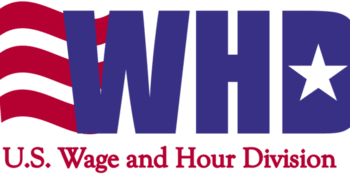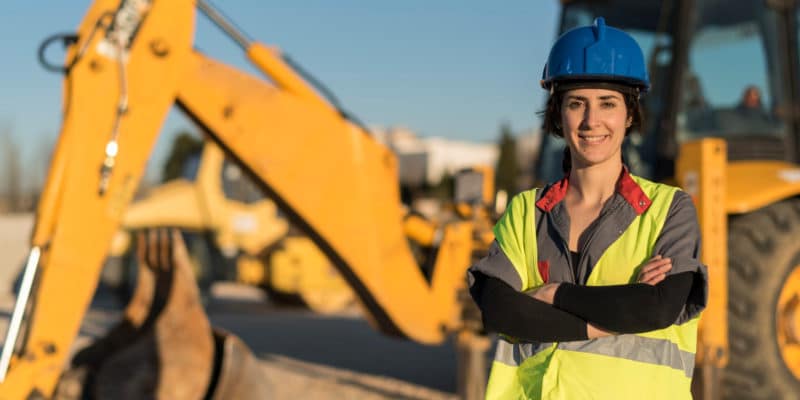U.S. Attorney’s Office, Middle District of Florida
Thursday, October 24, 2024
Jacksonville, Florida – United States Attorney Roger B. Handberg announces the return of two indictments charging Eduardo Anibal Escobar (44), Carlos Alberto Rodriguez (45), Adelmy Tejada (56), Rene Mauricio Escobar (53), and Juana Nelida Escobar (45), all residents of Orlando, with conspiracy to commit wire fraud and conspiracy to commit tax fraud. Each wire fraud count carries a maximum penalty of 20 years in federal prison and each tax fraud count carries a maximum penalty of 5 years in prison. The indictments also notify the defendants that the United States intends to seek forfeiture of a total of at least $19 million as well as five residential properties located in Orlando, which are proceeds of the alleged wire fraud offenses.
According to the indictment, the defendants established companies that purported to supply labor for construction contractors. Florida law requires any business that engages in construction work to secure and maintain workers’ compensation insurance. The defendants applied for workers’ compensation insurance policies to cover a few employees and a minimal payroll. The defendants then entered into agreements with construction work crews, often consisting of undocumented aliens, pursuant to which the defendants submitted paperwork to construction contractors to obtain work for the work crews, falsely representing that the workers were the companies’ employees. The workers then performed construction work under the supervision and direction of the contractors.
The contractors wrote payroll checks to the defendants’ companies for this work and provided the checks to work crew leaders. The checks were deposited into bank accounts in the name of the defendants’ companies and the defendants withdrew cash, and sometimes wrote checks, for the workers’ pay and provided the cash and checks to the work crew leaders. However, before turning over the payroll, the defendants deducted a 6% to 8% fee for their services. The funneling of payroll from the contractors to the work crews in this way allowed the contractors and the work crews to disclaim responsibility for ensuring that required payroll taxes were paid, that adequate workers’ compensation insurance was provided, and that the workers were legally authorized to work in the United States.



